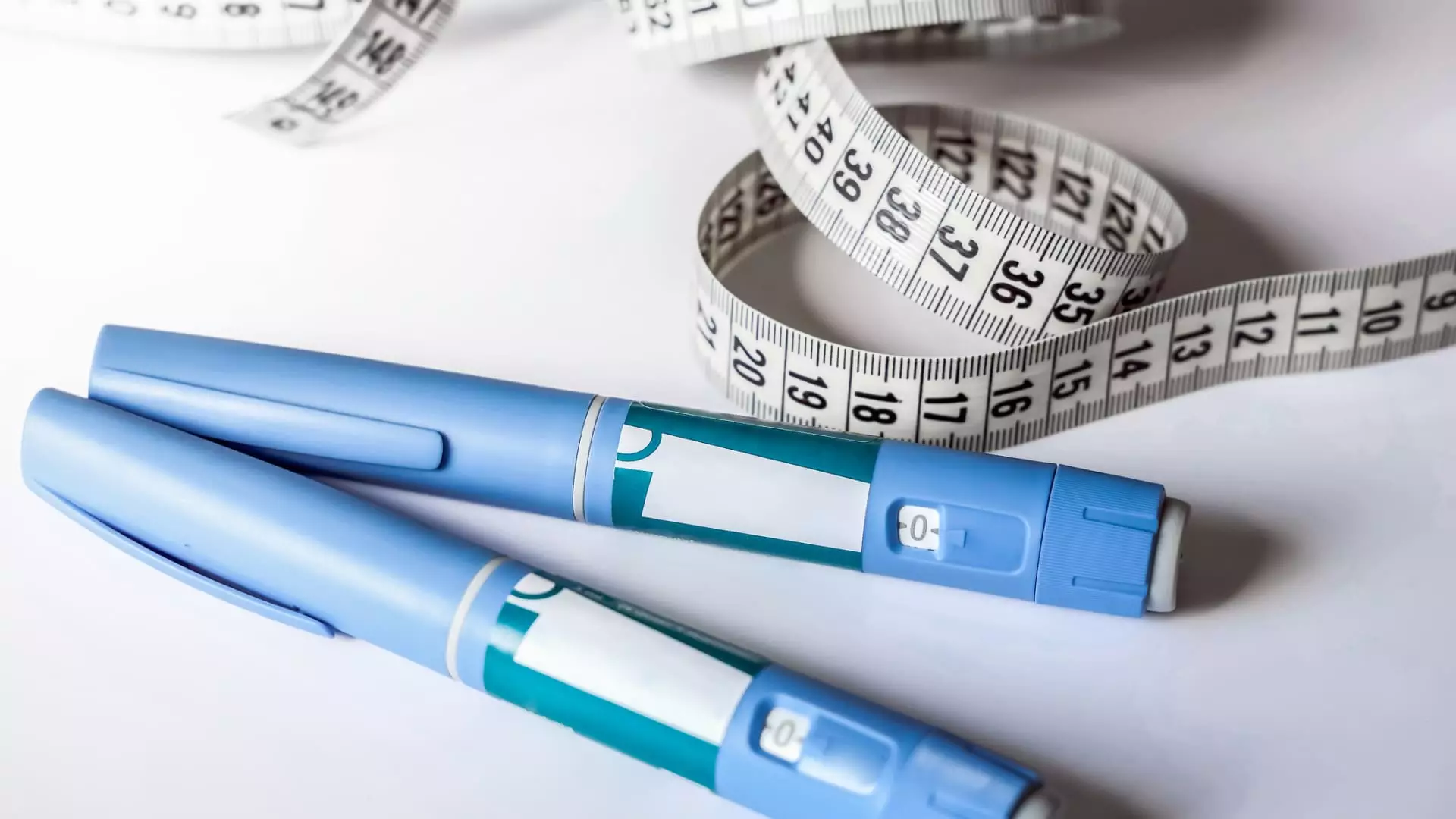The weight loss drug market has long been dominated by Eli Lilly and Novo Nordisk, but the landscape is rapidly changing. Recent updates from Roche and Viking Therapeutics have highlighted the progress made by these companies in developing experimental treatments that offer faster weight loss results. This shift in the market dynamics has caused a significant impact on the current leaders, with Eli Lilly losing about $123 billion in market value over the past two weeks and Novo Nordisk shares tumbling by 10%. Despite this setback, both companies have seen substantial gains this year, indicating the potential for growth in the future.
Although the competition in the weight loss drug market is intensifying, analysts believe that Eli Lilly and Novo Nordisk have a significant lead in the anti-obesity category, which could sustain their growth for the foreseeable future. UBS analyst Trung Huynh predicts that competitors will not enter the market until around 2028, and even then, they will be limited to no more than 10% of the market until 2029. The forecast for the GLP-1 market suggests a compound annual growth rate of 33% until 2029, reaching $150 billion in sales, driven by increasing demand for obesity treatments.
Both Roche and Viking Therapeutics have made significant advancements in developing innovative weight loss treatments. Roche’s CT-996, an oral GLP-1 treatment, showed impressive results in a phase 1 clinical trial, with patients losing an average of 6.1% of their starting weight in four weeks. Viking Therapeutics’ injectable drug, VK-2735, which combines GLP-1 and GIP, is also showing promising results and may advance to a phase 3 program. The focus on oral treatments by these companies could offer a more convenient and cost-effective option for patients compared to traditional injection methods.
The future of weight loss treatments looks promising, with advancements in the GLP-1 space expected to continue throughout the second half of the year. Events such as the European Association for the Study of Diabetes conference in mid-September and ObesityWeek in November will provide further insights into the latest developments in the market. Companies like Pfizer, Amgen, Structure Therapeutics, and Altimmune are also working on developing new weight loss drugs, adding to the growing competition in the industry. Additionally, Lilly and Novo are not slowing down, with upcoming trials and drug releases expected to drive their growth potential in the coming years.
The weight loss drug market is undergoing a transformation with new players entering the arena and established leaders facing increased competition. The focus on developing more effective and convenient treatments for obesity is driving innovation in the industry, offering hope for patients seeking sustainable weight loss solutions. While challenges remain, the future of weight loss drugs appears bright, with opportunities for growth and advancement on the horizon.

